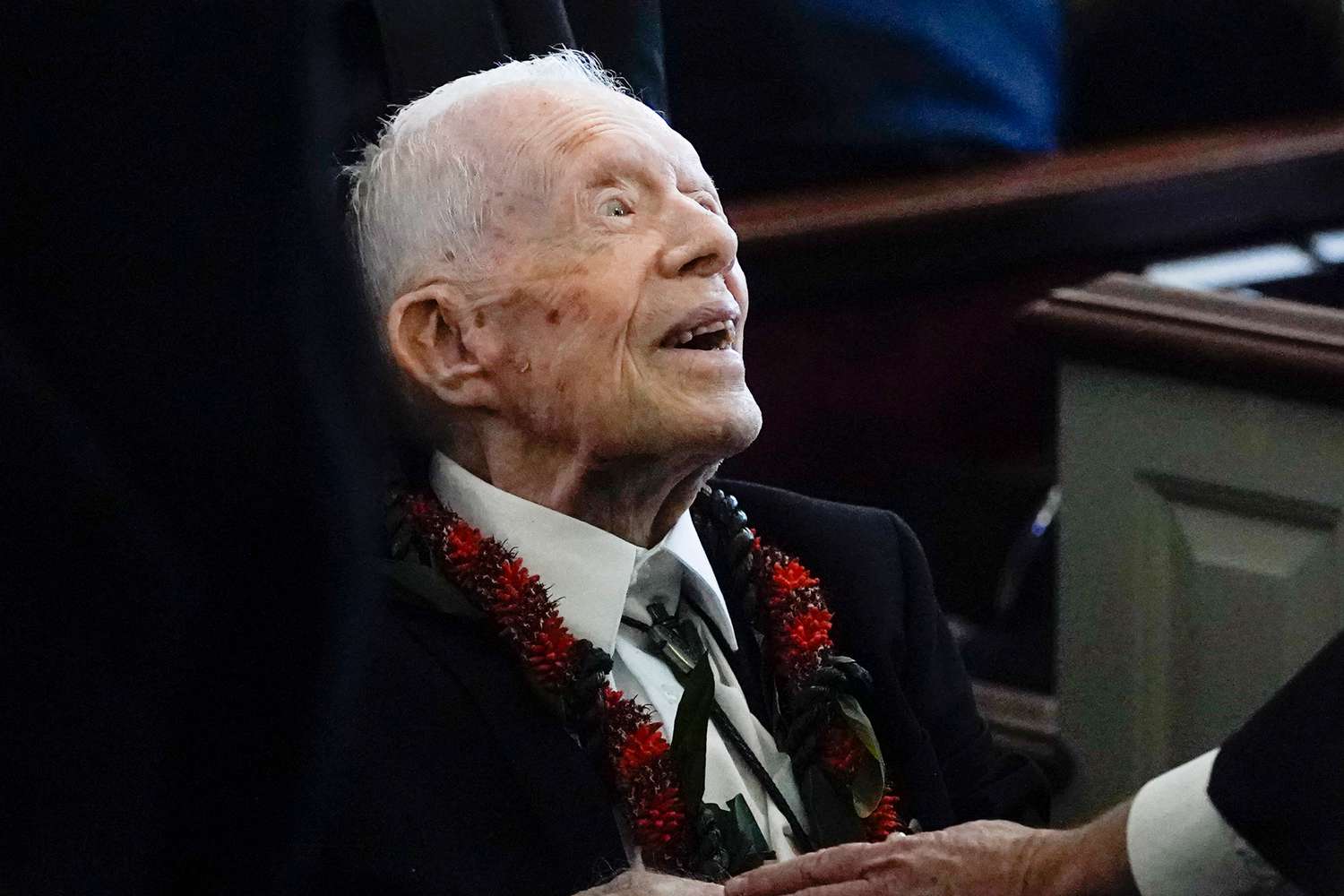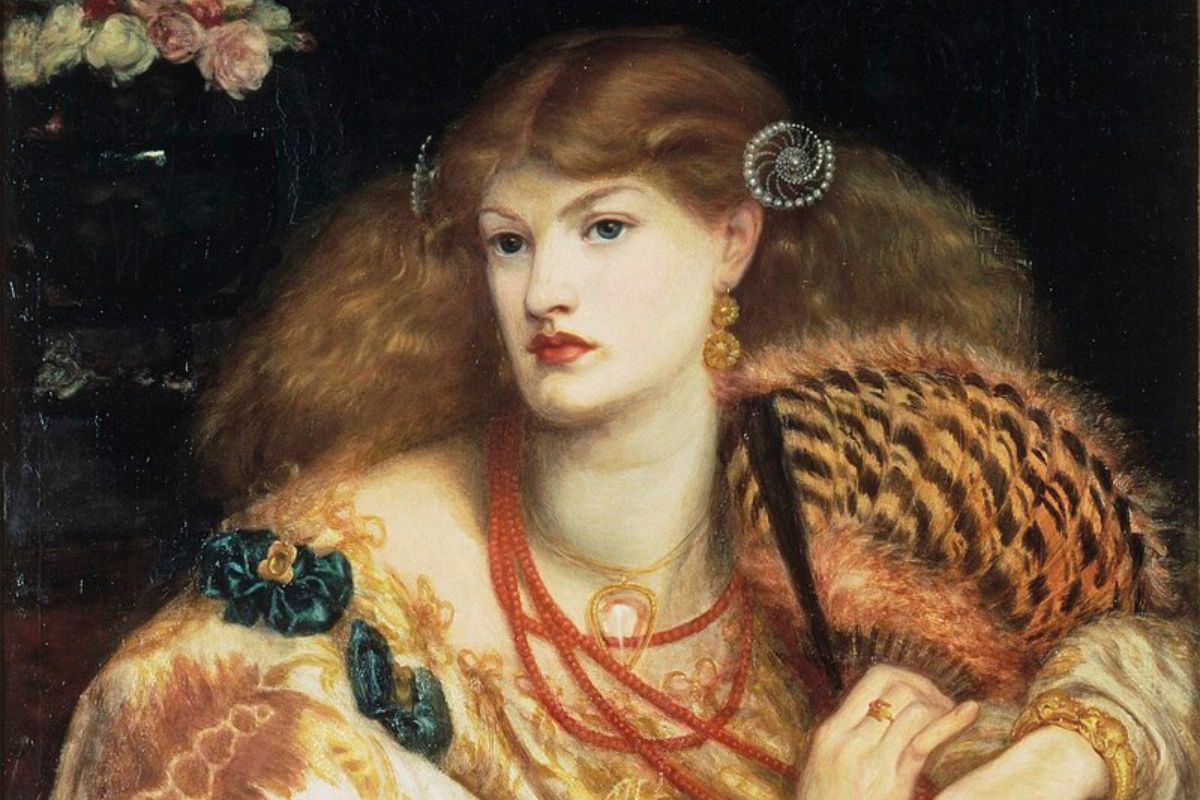
Who is Jimmy Carter? Jimmy Carter, the 39th President of the United States, is a figure of enduring legacy and remarkable achievements. Born on October 1, 1924, in Plains, Georgia, Carter's life has been a testament to public service, humanitarian efforts, and a commitment to peace and human rights. From his early days in rural Georgia to his time at the United States Naval Academy, Carter's journey to the White House was marked by dedication and resilience. His presidency, from 1977 to 1981, saw significant accomplishments like the Camp David Accords and challenges such as the Iranian hostage crisis. Post-presidency, Carter continued to impact the world through The Carter Center and Habitat for Humanity.
Key Takeaways:
- Jimmy Carter, the 39th President of the United States, was born in a small town in Georgia and overcame challenges to achieve significant accomplishments in diplomacy, energy policy, and human rights.
- Beyond his presidency, Carter's life has been marked by humanitarian efforts, including founding The Carter Center and receiving the Nobel Peace Prize for his dedication to peace, democracy, and human rights.
Early Life and Education
Jimmy Carter's journey began in a small town in Georgia, where his early experiences shaped his future path. Let's dive into some key moments from his formative years.
- Birthplace: Born on October 1, 1924, in Plains, Georgia, a small rural town.
- Hospital Birth: First U.S. President born in a hospital, Wise Sanitarium, where his mother worked.
- Family Background: His father, James Earl Carter Sr., was a farmer and businessman who later served in the Georgia House of Representatives.
- Mother's Influence: Lillian Gordy Carter, a nurse and Peace Corps volunteer, greatly influenced Jimmy with her compassion and humor.
- Siblings: Eldest of four children, with sisters Gloria and Ruth, and brother Billy.
Education
Carter's educational journey was marked by determination and excellence, setting the stage for his future leadership.
- Early Education: Attended Plains High School, narrowly missing valedictorian due to an April Fool’s Day prank.
- College Education: Studied at Georgia Southwestern College and Georgia Institute of Technology before graduating from the U.S. Naval Academy in 1946.
- Postgraduate Studies: Attended Union College after his military service.
Military Service
Carter's time in the Navy was a period of growth and learning, contributing to his disciplined approach to leadership.
- Naval Academy: Graduated in 1946, commissioned as an ensign.
- Naval Career: Served seven years, rising to lieutenant, moving frequently with his wife, Rosalynn.
- Submarine Service: Served aboard the submarine USS K-1, inspired by Admiral Hyman G. Rickover.
Return to Plains and Early Politics
After his naval career, Carter returned to his roots, taking on new challenges in local and state politics.
- Return to Plains: Took over the family peanut farm and got involved in local politics.
- Local Politics: Served on the Sumter County Library Board, helping set up a traveling library.
- State Politics: Elected to the Georgia Senate in 1962, serving until 1967.
Governor of Georgia
Carter's tenure as governor was marked by significant reforms and a commitment to civil rights.
- Governorship: Elected Governor of Georgia in 1970, serving until 1975.
- Civil Rights Support: Advocated for racial equality, despite facing opposition.
Presidential Campaign and Presidency
Carter's rise to the presidency was a testament to his perseverance and vision for America.
- Presidential Campaign: Announced candidacy in 1974, gaining momentum over two years.
- Presidential Election: Defeated President Gerald R. Ford, winning 297 electoral votes.
- Presidency: Served as the 39th President from 1977 to 1981, marked by significant achievements and challenges.
Achievements During Presidency
Carter's presidency saw notable successes in diplomacy, energy policy, and environmental protection.
- Camp David Accords: Key role in peace accords between Egypt and Israel.
- Energy Policy: Established a national energy policy to address shortages.
- Government Efficiency: Promoted efficiency through civil service reform and deregulation.
- Environmental Protection: Expanded national park system, protecting Alaskan lands.
- Human and Social Services: Created the Department of Education, bolstered Social Security, and appointed diverse government officials.
Challenges During Presidency
Despite his achievements, Carter faced significant challenges that impacted his presidency.
- Iranian Hostage Crisis: The crisis dominated the last 14 months of his administration.
- Economic Woes: Faced rising energy costs, inflation, and a short recession.
Post-Presidency Activities
Carter's post-presidency years have been marked by humanitarian efforts and continued public service.
- The Carter Center: Founded in 1982, focusing on human rights and disease prevention.
- Habitat for Humanity: Publicized the organization, inspired by his own experience with public housing.
- Nobel Peace Prize: Awarded in 2002 for efforts in peace, democracy, and human rights.
Personal Life and Interests
Carter's personal life and interests reflect his diverse passions and commitments.
- Marriage: Married Rosalynn Smith on July 7, 1946, with three sons and a daughter.
- Baseball Fan: Lifelong baseball fan, supporting the Atlanta Braves.
- Favorite Color: His favorite color is blue.
Honors and Awards
Carter's contributions have been recognized with numerous awards and honors.
- Presidential Medal of Freedom: Received in 1999 for contributions to peace and human rights.
- Silver Buffalo Award: Awarded by the Boy Scouts of America in 1978.
- International Mediation Medal: Received in 1979 for international mediation efforts.
- Martin Luther King, Jr., Nonviolent Peace Prize: Awarded in 1979 for commitment to nonviolent conflict resolution.
- International Human Rights Award: Received in 1979 for advocacy of human rights.
- Harry S. Truman Public Service Award: Honored in 1981 for dedication to public service.
- Mahatma Gandhi Global Nonviolence Award: Shared with Rosalynn Carter.
- American Peace Award: Received in 2009 for promoting peace and human rights.
Honorary Degrees
Carter's academic achievements have been recognized with numerous honorary degrees.
- LL.D. (honoris causa): Received from institutions like Morehouse College and University of Notre Dame.
- D.Eng (honoris causa): Awarded honorary doctorates in engineering from institutions like Georgia Institute of Technology.
- Ph.D (honoris causa): Received honorary Ph.D.s from Weizmann Institute of Science and Tel Aviv University.
- D.H.L. (honoris causa): Awarded honorary Doctor of Humane Letters degrees from Central Connecticut State University.
Other Notable Achievements
Carter's life is filled with unique experiences and contributions beyond his political career.
- Public Housing Experience: Lived in public housing in Plains, inspiring involvement with Habitat for Humanity.
- Inaugural Parade Tradition: Started the tradition of walking from the Capitol to the White House during the 1977 inaugural parade.
- Peanut Special Train: Supporters traveled to his inauguration on a train dubbed the “Peanut Special.”
Books and Authorship
Carter's writing offers insights into his life and thoughts, with numerous published works.
- Authorship: Author of over 25 books, including “A Full Life: Reflections at Ninety.”
- Writing Style: Reflective and introspective, providing personal and professional insights.
Membership and Leadership Roles
Carter has held various leadership roles, contributing to numerous organizations and causes.
- Leadership Roles: Served on the Sumter County School Board, Americus and Sumter County Hospital Authority, and more.
Jimmy Carter's Lasting Impact
Jimmy Carter's life is a testament to dedication, service, and compassion. From his humble beginnings in Plains, Georgia, to his time as the 39th President of the United States, Carter has always prioritized human rights, peace, and equality. His achievements, like the Camp David Accords and his work with The Carter Center, highlight his commitment to making the world a better place. Even after his presidency, Carter's involvement with Habitat for Humanity and his Nobel Peace Prize win in 2002 show his unwavering dedication to humanitarian causes. His numerous awards and honors reflect a legacy that continues to inspire. Carter's story is one of resilience, integrity, and a relentless pursuit of justice. His contributions have left an indelible mark on history, proving that one person can indeed make a difference.
Frequently Asked Questions
Was this page helpful?
Our commitment to delivering trustworthy and engaging content is at the heart of what we do. Each fact on our site is contributed by real users like you, bringing a wealth of diverse insights and information. To ensure the highest standards of accuracy and reliability, our dedicated editors meticulously review each submission. This process guarantees that the facts we share are not only fascinating but also credible. Trust in our commitment to quality and authenticity as you explore and learn with us.


